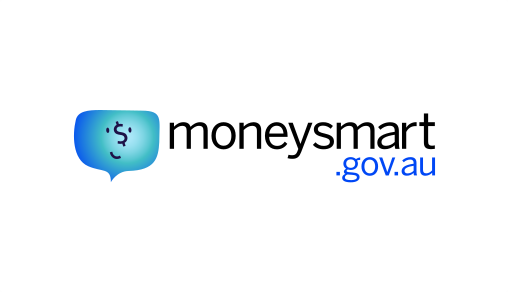Credit card debt is one of the most common forms of debt in Australia. Credit cards can also be used to facilitate financial abuse. Common forms of abuse using credit cards include running up debt on another person’s account using their details or a secondary card on their account, or fraudulently taking out an account in another person’s name.
While fraudulently taking out a credit card in someone else’s name is a crime, when it happens in a domestic relationship it is rarely reported, or treated, as such.
A common misconception about credit cards is that an additional card holder (or secondary or supplementary card holder) is a joint account holder. This is not usually the case, although it is possible. An additional card is a second credit card issued in another person’s name on an account held by the primary card holder. The primary card holder is the account owner and remains responsible for any amounts spent on any card attached to the account.
If you need to, you can call the credit card provider and ask them to put a stop on a secondary card.
Credit card debt is relatively expensive. Interest rates are commonly between 15 and 20 per cent and collectively, Australians owe around $20 billion on credit cards. If the full amount owing is not paid in full each month, credit card debt can quickly grow.
Unpaid credit card debt can have a negative impact on credit reports and may affect your ability to borrow money in the future. A repayment will be reported as ‘late’ if you miss the payment deadline by at least 14 days. If you miss your payment by at least 60 days, a default will likely be recorded.
 Talk to a financial counsellor.
Talk to a financial counsellor.
 Read more about credit cards on Moneysmart.
Read more about credit cards on Moneysmart.
 Read more about how credit reporting works in Australia.
Read more about how credit reporting works in Australia.

